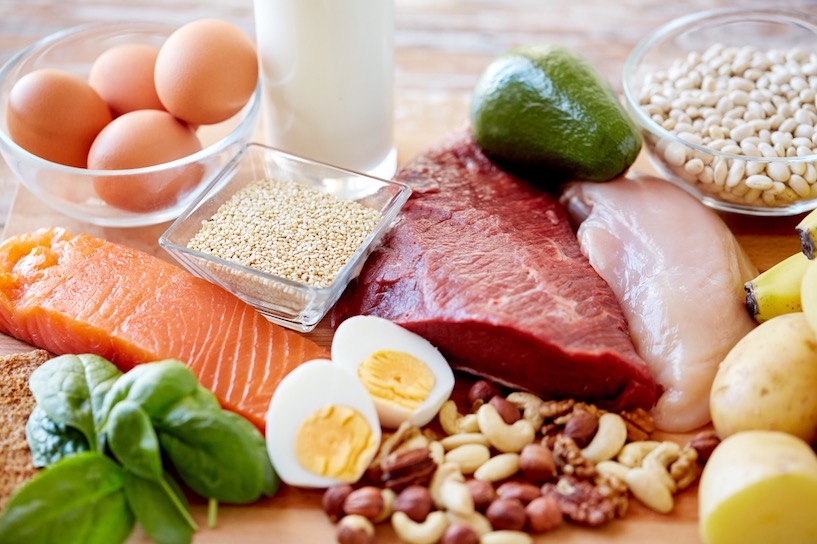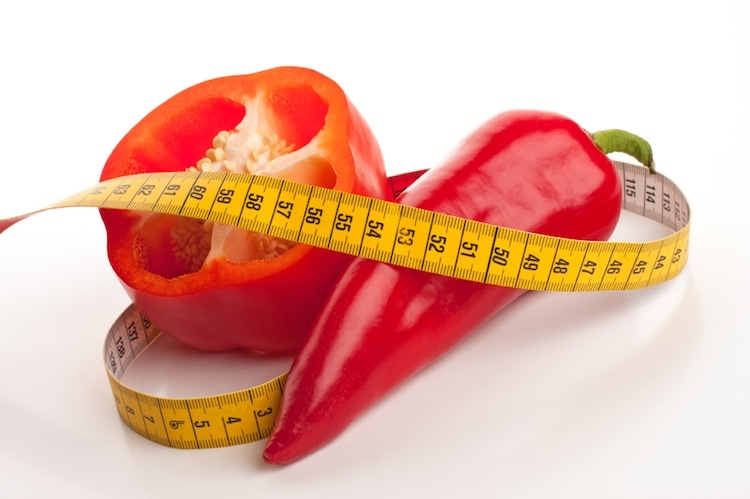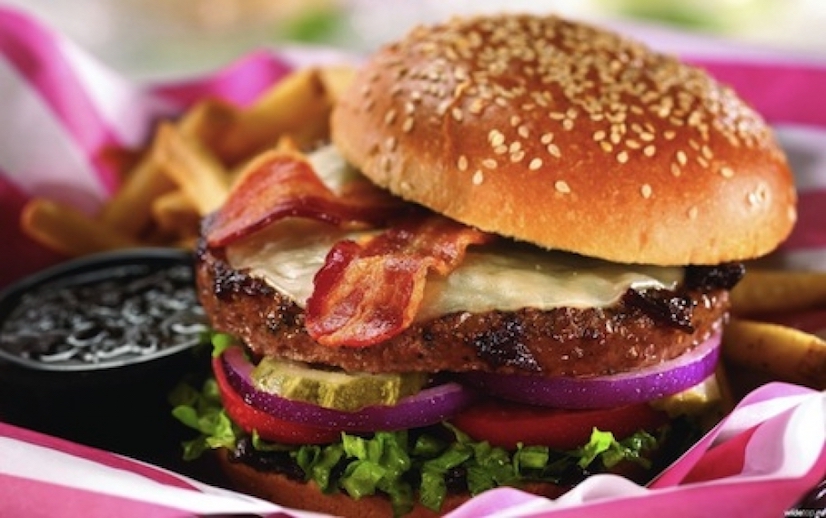Protein is one of three essential macronutrients and a key component of a healthy, balanced diet. It’s mainly responsible for building, repairing and maintaining all the body’s tissues and serves as a chief structural component of lean body mass (muscle, bone, skin, blood, and organs). Since lean body mass plays a critical role in the maintenance of a healthy body weight and body composition, protein is one of the most important nutrients to consume if you’re trying to lose weight.
This holds especially true if you’re dieting for weight loss.
To fully understand the importance of protein during dieting, you must first understand the general role of all three macronutrients.
Related Article: The 6 Worst Weight Loss Methods Ever
Macronutrients are essentially the nutrients that provide energy in the form of calories. These include carbohydrates (carbs), fat, and, of course, protein, each of which is obtained from the foods you eat. When it comes to energy, there is in fact a hierarchy for nutrients with carbohydrates being the preferred fuel source followed by fat.
Protein is called upon only in cases when the body’s supply of carbohydrates and fat is low or insufficient. This generally occurs when excessive amounts of calories are burned during exercise and/or restricted as is common during low-calorie dieting.
If you’re trying to lose weight, real problems arise when protein becomes your primary source of energy instead of your backup.
Let me break this down a bit further.
As I mentioned before, the body prefers to use carbs as a fuel source. But, the body only stores them in limited quantities. If you’re trying to lose weight, this can work to your advantage. How? Well, in the absence of dietary carbs (low-carbohydrate diet), fat is next in line and in this case the body will temporarily feast off your stored fat reserves.
This is how weight is lost but, again, it’s a ‘temporary’ response.
Forcing the body to rely solely on stored fat reserves is eventually perceived as a threat. When this occurs, the body starts to hoard all body fat reserves, even if you’re taking in very little calories. This is a primal, protective mechanism carried out by the body in an effort to prevent starvation and is very similar to the built in response of hibernating animals (also called the “starvation response”).
This bodily response ultimately prevents the loss of body fat, which is the ultimate goal of weight loss. Adding insult to injury, this all happens at the expense of your precious muscle tissue.
Remember, all lean body mass is comprised of protein. This includes muscle tissue, which is very metabolically active. The more muscle you have, the higher your metabolic rate (the rate at which you burn calories). Therefore, muscle inherently fuels the fat burning process that’s necessary for weight loss.
Related Article: The Important Role of Metabolism in Weight Loss
During the starvation response muscle proteins are broken down into amino acids (the building blocks of protein), which are then used to generate useable energy. Over time, this’ll cause muscle to waste away and lead to dramatic reductions in your metabolic rate in ways that’ll compromise your body’s calorie-burning potential.
If you choose to exercise vigorously while restricting calories (as most dieters do), these bodily response are greatly amplified.
Not good if weight loss is your goal!
Following a “high-protein”, low-calorie diet won’t stop this from happening. While you may initially lose a lot of weight, the responses are almost always temporary as the body simply can’t survive on limited calories, especially in the absence of carbohydrates.
Related Article: How to Lose Weight Without Cutting Carbs
So, if you’re dieting for weight loss, it’s important to ensure that you’re consuming enough calories to keep your body functioning at optimal levels. This equates to a daily average of around 1,200-1,500 calories but can vary widely from person to person. To maximize fat burning and prevent muscle wasting, it’s also important that your protein intake is intact. For weight loss, you should be taking in at least 0.55-0.64 grams of protein for every pound of your body weight.
Related Article: Nutrition Basics: Your Daily Protein Intake
Finally, if you’re coupling your dieting efforts with exercise (as you should), make sure you’re incorporating resistance training into your routine. Performing cardio alone will most certainly lead to muscle wasting and, ultimately, sabotage your weight loss efforts.






